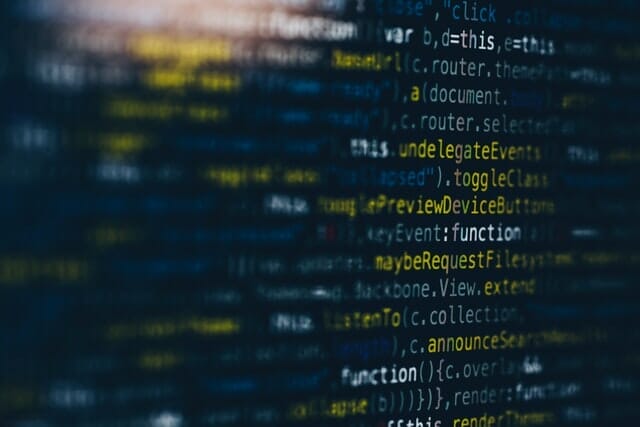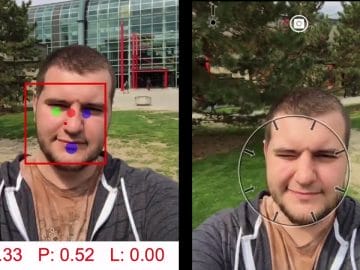The Algorithm Age is Here!
Much of the way we live our lives today, and interact with technology, is dictated and assisted by the application of algorithms. While the concept of applied algorithms, as we will see, has been a part of human civilization far longer than the iPhone has, awareness of what they are, and how they influence our lives, has only reached widespread public attention in the past 10 years or so. Why is this?
Well, increasingly, technologies and services we have come to refer to as “smart”, utilize various algorithms to automate, expedite and filter through the phenomenal amount of data and information that surrounds us in 2022 in order to assist us in achieving our goals. And they are not only applied for lofty, noble pursuits, but can help us in everything from selecting a restaurant to finding some new music to enjoy.
Below we’ll take a look at the way algorithms now impact our daily lives, and explore what potential ramifications overdependence on them can lead to.
What are Algorithms?
First, we should define our terms. What exactly is an algorithm? Ultimately, this is a mathematical term that describes the application of a sequence of rigorously defined instructions. Put more simply, one can think of them as a list of rules that, when followed, assist in solving problems. In a world where 2.5 quintillion bytes of new data are produced every single day, algorithms have become an essential means by which we can quickly filter through this all in order to arrive at information pertinent to our needs.

Earliest Uses of the Term
When one traces the word back to its origins, one encounters the life and work of the Persian mathematician Al Khwarizmi. Writing and working in the 9th century CE, Al Khwarizmi was a popularizer of the Indian decimal number system, ultimately facilitating its wider adoption in the Islamic world, and through this transmission then on to Mediaeval Europe. Al Khwarizmi wrote several prominent treatises on applied algebra, and his association with this form of mathematics led to the Latinized version of his name, Algoritmi, becoming closely associated with what we would recognize today as algorithmic problem solving.
Daily Applications
We use algorithms every day for a huge range of uses. For example, US bookmakers DraftKings Sportsbook utilize the odds making software known as Kambi, which applies an algorithm to the spread of available predictions in order to arrive at the most accurate odds and picks for selected sporting events and outcomes. Elsewhere, music streaming platform Spotify gathers information on your listening habits, and through comparing this with other users, selects new music it deems you likely to enjoy. Perhaps the most obvious example of algorithms we see day to day are those applied by social media platforms like Facebook and TikTok. As these platforms rely on being able to predict what you will want to see in order to encourage increased engagement, our newsfeeds can often come to narrowly reflect our personality and interests in a way that’s almost spooky.
Information Silos
While, in general, algorithms are an incredibly helpful part of our daily lives, critics have sought to highlight how the “walled garden” effect produced by overly predictive algorithms can negatively impact society. This critique hinges on the notion that if we only ever see what we like, and are interested in, we can develop a one-sided view of current events, political persuasions and opinions. This makes us less likely to agitate for necessary social reform, or remain open to diverse viewpoints. Fortunately, much can, and is, being done to temper these potential deleterious effects of algorithms.
The Future
When one considers what the world will look like in 20, or 30 years time, it’s nearly impossible to imagine our modern technological society operating without algorithms. This is because there is simply too much information for the average human to effectively sort through and filter in order to continue moving through their day unimpeded. In essence, algorithms are software machines that free us up to focus on the things that matter most to us, by doing their part to minimize friction when we engage with the world’s vast interconnected systems of information.












